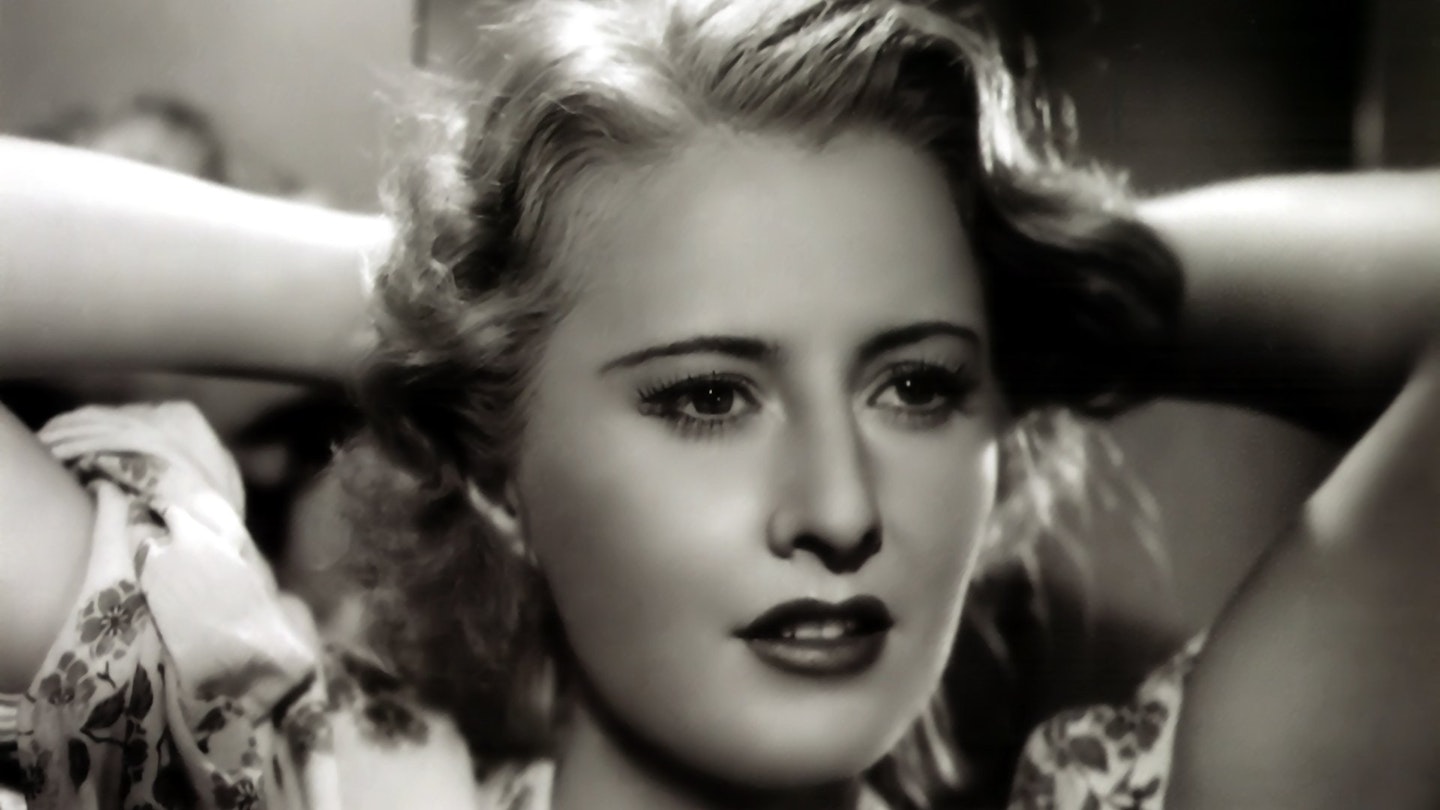The story of a commonplace slattern who sacrifices everything for her child clearly struck a chord with American audiences. Not only was Olive Higgins Prouty's 1923 novel a bestseller, but Mrs Carter Leslie's 1924 stage version and Henry King's 1925 screen adaptation were equally successful and inspired a long-running radio series, in which Ann Elstner took the title role. So, having produced a sound remake of another 1925 hit, The Dark Angel, producer Samuel Goldwyn decided to revive his biggest silent smash in 1937.
He considered some 40 actresses for the part of Stella, but director William Wyler's preferred candidate was Ruth Chatterton, who had just revived her career in Dodsworth. However, Wyler was delayed shooting Jezebel at Warners and his replacement, King Vidor, insisted on Barbara Stanwyck taking the part, even though Goldwyn thought she lacked sex appeal. He even put her through the humiliation of a screen test, but she and Anne Shirley were so affecting in the birthday party scene (in which they are snubbed by the invited guests on account of Stella's reputation) that he withdrew his objections.
However, it proved an uncomfortable shoot, with Vidor resenting Goldwyn's interference and Stanwyck and Shirley dismayed by the director's preference for camera movements over dramatic motivation. Consequently, Stanwyck based her performance on Belle Bennett's acclaimed silent interpretation and surprised many in Hollywood with the depth of emotion that she managed to summon. Both she and Shirley received Oscar nominations and the film proved a critical and commercial success. Moreover, it suggested that woman's pictures could be more than mere soaps and paved the way for the denser psychological melodramas of the postwar period.
In 1990, the well-cast Bette Midler headlined a lavish remake, only to receive a Razzie nomination as Worst Actress for her blowsy display in a misfire that exposed the Me Generation's callous attitude to Mother Love.
